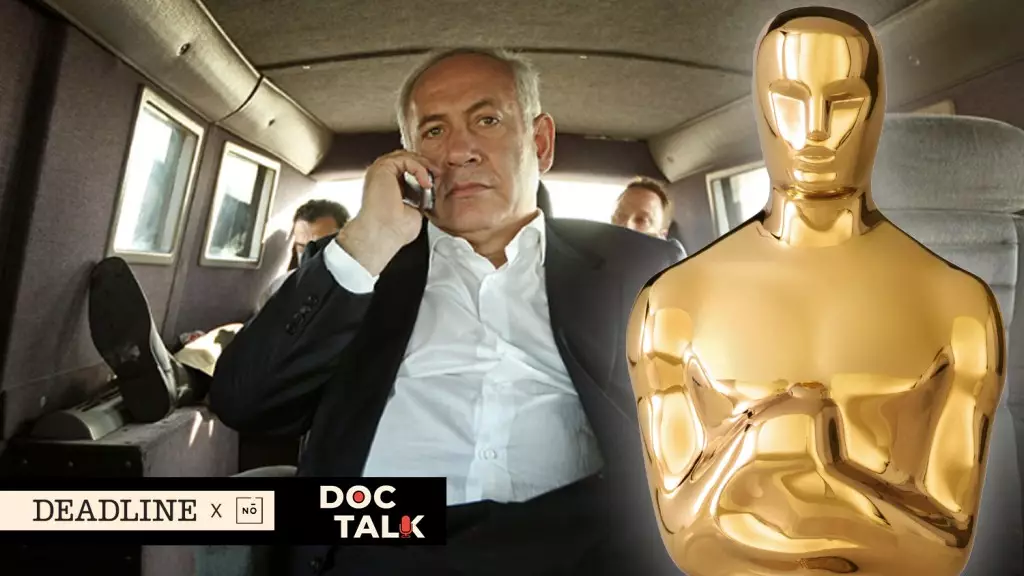As the countdown to the Oscars continues, the documentary category has seen a significant trimming of its contenders, with the initial pool of 169 films slashed to just 15. This jarring reduction reflects the cutthroat nature of awards season, where only a select few filmmakers find themselves celebrated, while many notable projects face disappointment. The intensity of this selection process raises questions not just about the films that made the cut, but also about those that were left out—often deemed deserving by critics and audiences alike.
Among the most notable exclusions is a documentary focusing on a beloved American icon who, after suffering a near-fatal accident, managed to reclaim their fame in a compelling narrative. This snub has startled many, who believed the film’s emotional resonance and cultural significance would ensure its inclusion. Additionally, this raises intriguing discussions about the meritocratic ideals behind award nominations and whether they truly represent the best storytelling in the industry.
Another surprising entry into the shortlist has been a documentary that offers a scathing critique of Benjamin Netanyahu, Israel’s prime minister. Not only did Netanyahu attempt to block the documentary’s Toronto Film Festival premiere through legal action, but the film’s presence on the Oscars shortlist begs the question of the documentary’s role in political discourse. The lack of U.S. distribution for this film makes its nomination even more provocative, challenging the norms typically governing Oscar eligibility.
In stark contrast to the rejections, one film that garnered praise from the Documentary Branch was produced by Netflix, drawing enthusiastic remarks from Oscar-winner John Ridley on Deadline’s Doc Talk podcast. Ridley’s expressed happiness over this film’s inclusion highlights the critical eye with which seasoned filmmakers evaluate the contents of the shortlist. However, the juxtaposition of this celebration with his lamentation over another highly regarded film’s absence adds layers of complexity to the discussion surrounding this year’s nominees.
The podcast hosts further dissect the shortlist of documentary shorts, which has also experienced significant reductions. Emerging talents are showcased here, including a project co-directed by actress Rashida Jones and another helmed by a filmmaker known for her work on late Supreme Court Justice Ruth Bader Ginsburg. These selections point to a broader trend in the documentary landscape—highlighting voices that might otherwise remain in the shadows.
The narrowing of the documentary category not only serves as a litmus test for the impact of films in society but also raises the stakes for creators committed to telling vital stories. The snubbing of compelling narratives juxtaposed with the inclusion of politically charged works signals a shifting landscape in documentary filmmaking. As audiences increasingly seek genuine narratives and authentic voices, the reactions from both filmmakers and audiences will undoubtedly influence future projects and their reception.
This year’s documentary shortlist provides an opportunity for reflection and discourse on the intersection of filmmaking, politics, and cultural expression. With discussions continuing on platforms like Deadline’s Doc Talk, it’s clear that while the Oscars shine a spotlight on a select few, the wider impact of the chosen and the overlooked will resonate far beyond the awards ceremony.


Leave a Reply